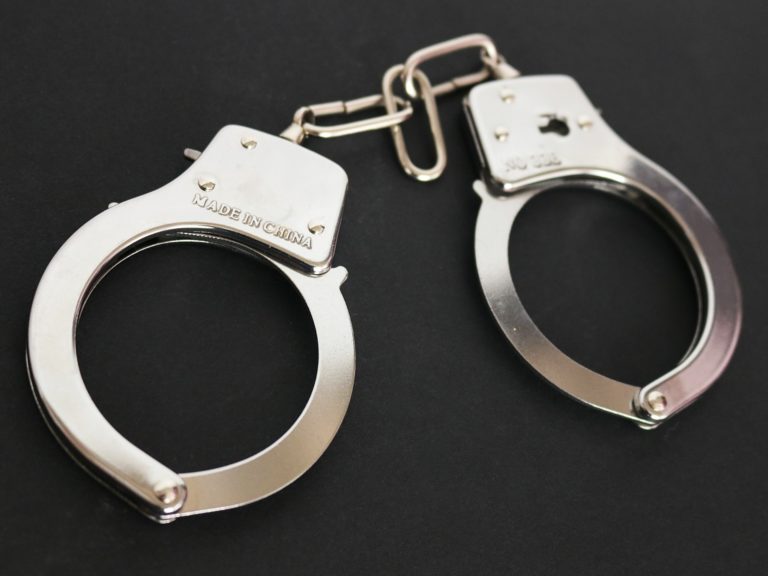
“Probable cause” is the standard indicated by the United States Constitution before the authorities are allowed to inspect someone. In this instance, “inspect” refers to many different areas of law. Probable cause occurs in search and seizure law, when it is necessary for an officer applying for a search warrant, as well as when an officer pulls you over. This blog will define and describe an example of probable cause for an arrest. Remember that if you are worried about having been detained without probable cause, you should always contact a Bergen County criminal defense attorney.
Probable cause is meant to be a flexible and practical standard, requiring sufficient justification from the officer for the protection of your rights, without making investigation unduly burdensome for the officer. The officer meets the probable cause standard when they have a reasonable and well-grounded suspicion, such as would worry a reasonable person, that a crime was committed or is about to be committed.
Probable cause involves a showing of facts as to why an officer had the worries they had and why they took the actions they took. This requirement is meant to ensure that police officers do not rely exclusively on belief, unmoored from factual reality, to justify the imposition of force inherent in searching someone. Similarly, officers have not met the probable cause requirement if they offer facts which are outdated or otherwise no longer true.
Doctrines like probable cause, as well as the lower standard of reasonable suspicion, are used to prevent the violation of civil rights. Any evidence obtained without the officer having met the burden of proof may be suppressed.
Your driving itself may be the biggest source of probable cause for an officer. Suppose you’re running red lights or swerving in and out of lanes, and then when the officer pulls you over, they notice symptoms of intoxication like the smell of alcohol on your breath. That officer would then have probable cause to ask you for a chemical or field sobriety test. Other symptoms of intoxication the police may point to include slurred speech or exaggerated confusion.
(Remember that you are allowed to refuse a field sobriety test, but because New Jersey jurisprudence accepts that every driver in the state implicitly consents to a breathalyzer test, refusing that could result in license suspension and fines of hundreds or even thousands of dollars.)
In such a situation as described above, the officer may have probable cause to search your belongings, whether you consent to such a search or not.
© 2024 The Law Office of Kevin T. Conway. All rights reserved.